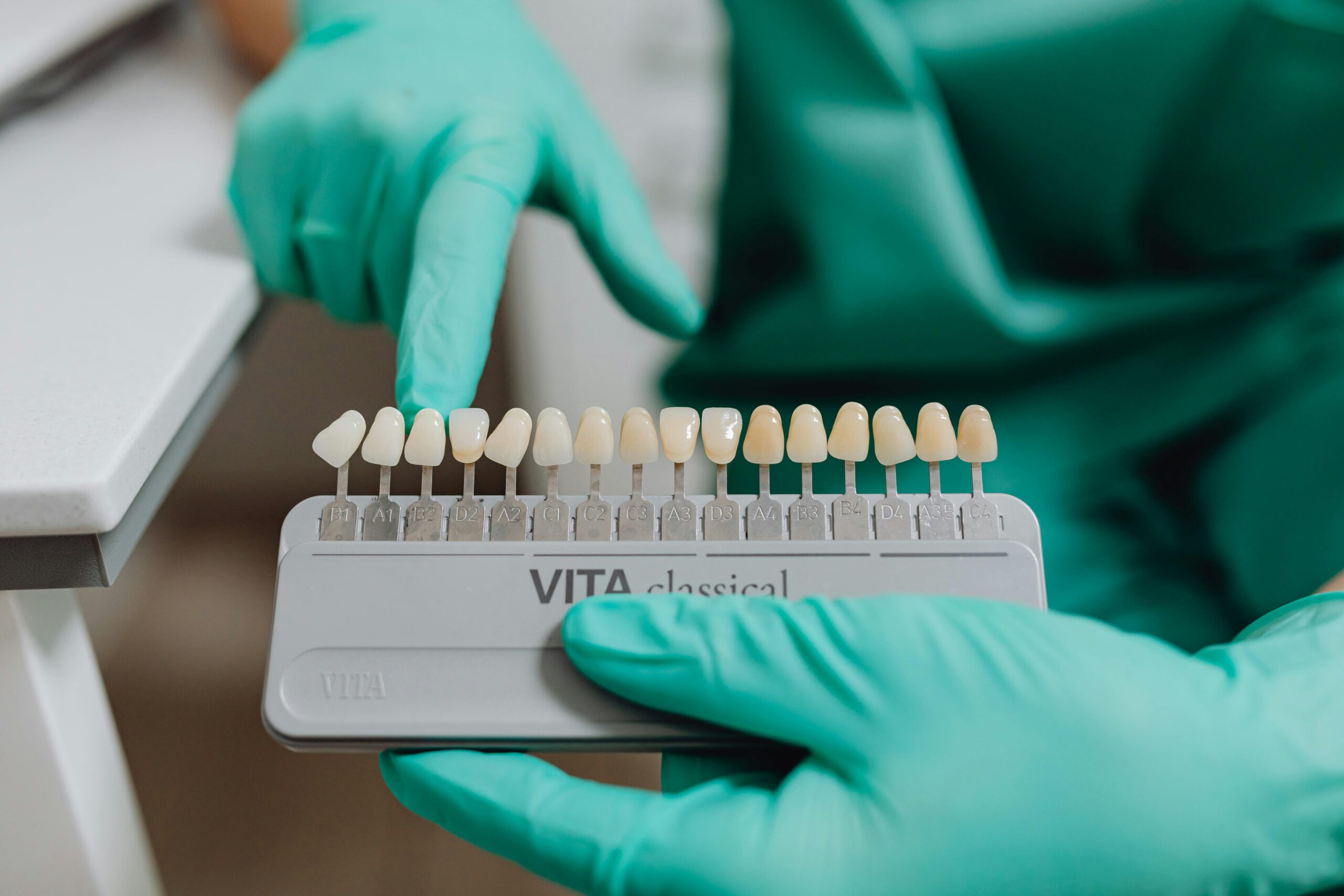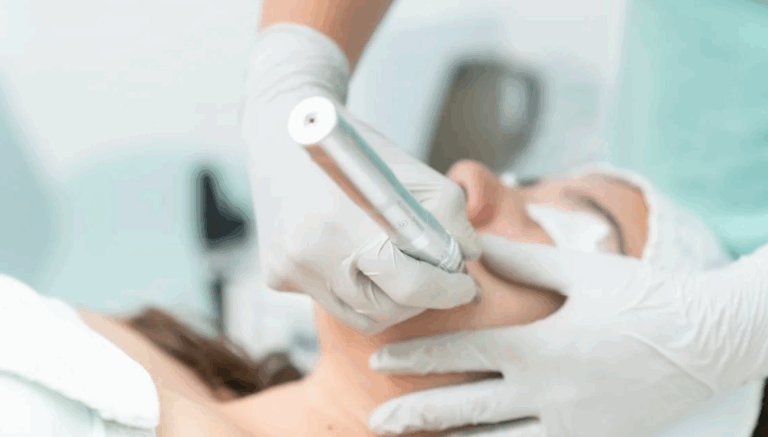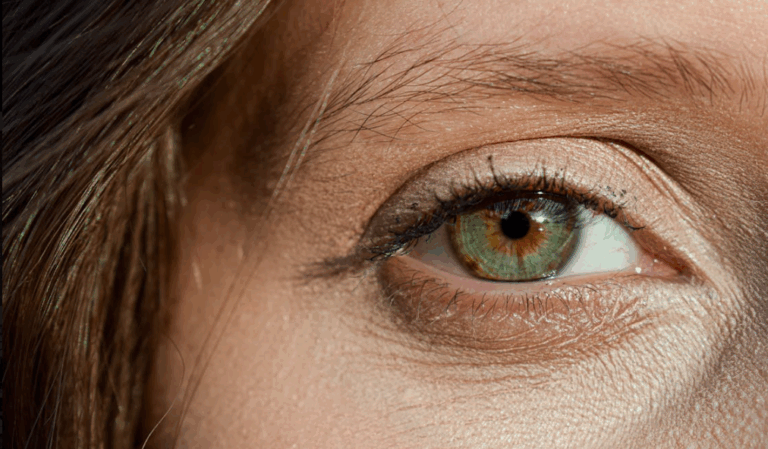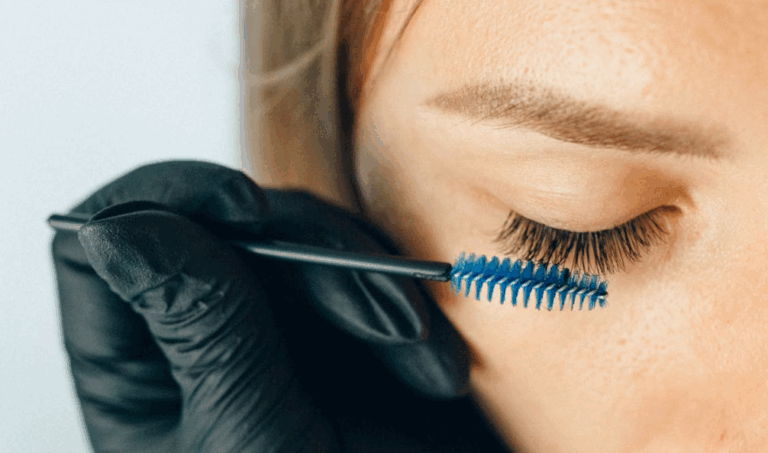
-
Login
-
Sign Up

Log in to your iBeauty account
Access Your Account for a Universe of Possibilities
at Your Fingertips.

Sign up and start learning
Take the First Step Towards Learning. Sign Up Today &
Expand Your Horizons!
Log In
Sign Up
Don’t have an account yet? Sign Up
or continue with
By Sign up, you agree to our Terms and Use and Privacy Policy
Already have an account? Sign In
How to Offer Teeth Whitening Without Breaking the Law (UK Rules)
July 18, 2025
14 Users


 " alt="Microdermabrasion Training: What to Expect & How to Get Certified" />
" alt="Microdermabrasion Training: What to Expect & How to Get Certified" />
 " alt="Lash Lift vs. Extensions: Which Service is More Profitable?" />
" alt="Lash Lift vs. Extensions: Which Service is More Profitable?" />
 " alt="Lash Extension Training: How to Start a Lucrative Career in 2025" />
" alt="Lash Extension Training: How to Start a Lucrative Career in 2025" />